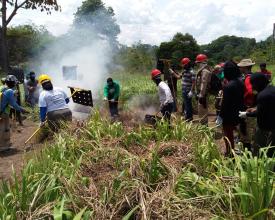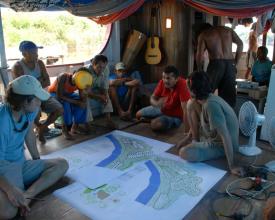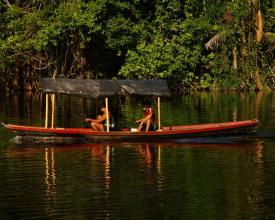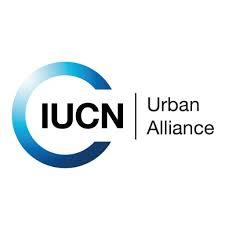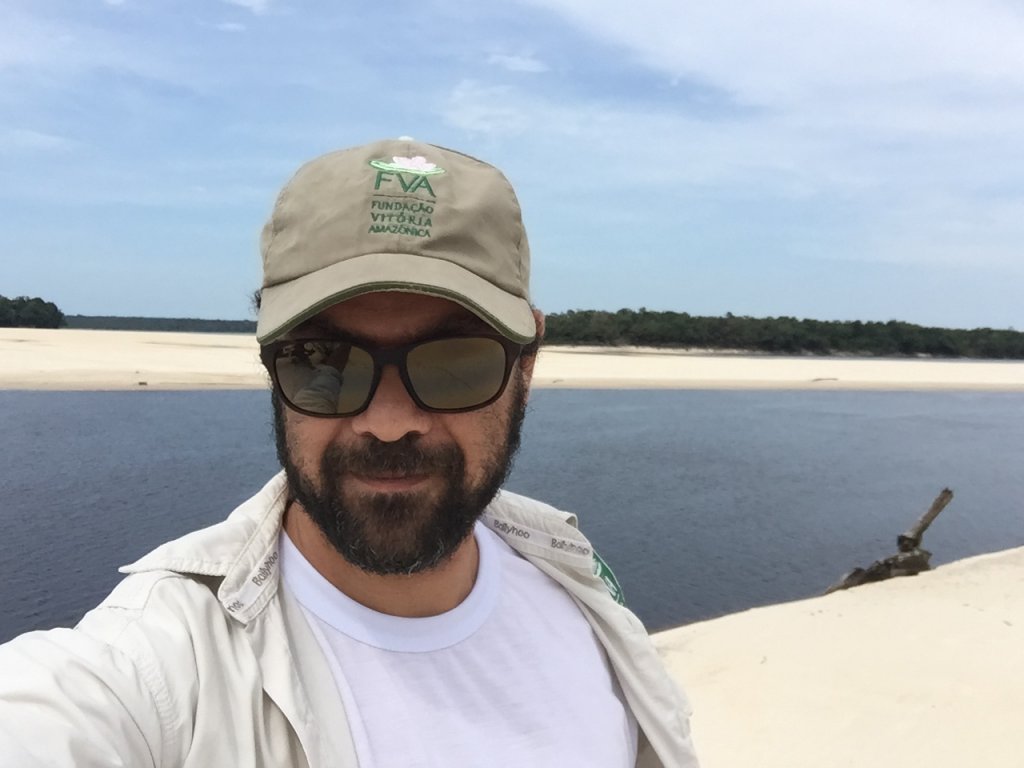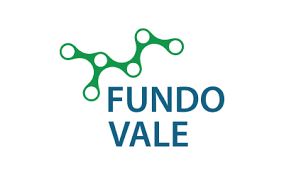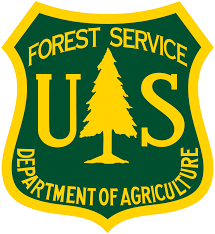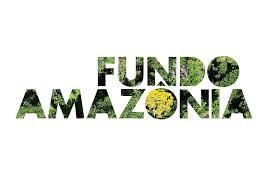
Geopolitics of Conservation
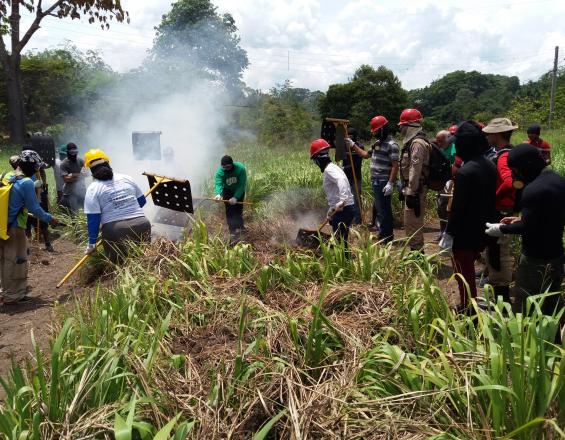
The mission of the Geopolitics of Conservation program is to generate, systematise and make available relevant knowledge to influence public policies and support decision making processes relating to territorial management in the Amazon. We seek to identify, map, monitor and analyse patterns of use and distribution of natural resources, land-use change processes, and socio-environmental risks associated with landscapes, biodiversity, and traditional and indigenous populations. Special focus is given to understanding the impacts of political-territorial processes on communities, biodiversity and ecosystem services. The program works at multiple scales including river basins, protected areas, municipalities and other officially recognized territories such as the Lower Rio Negro Mosaic of Protected Areas and the Manaus Metropolitan Area (RMM).
Impacts
-
Development of analyses and studies in the areas of biology, geography, geoprocessing, among others, to support territorial management at different scales
-
Development of a geospatial monitoring system for decision making (SiMUR and Risk System)
-
Development of Protected Areas Management Plans (Jaú National Park, Aracá State Park, Rio Negro North State Park, amongst others
-
Social environmental studies to support public policies and sustainable development projects
-
Promotion and strengthening of networks, committees and councils for the improved participation of civil society organizations relevant to Amazonian territorial management (Mosaics of Protected Areas, Watershed Committees, State and Municipal Environment Councils, Conservation Units Councils, etc.)
-
Training and technical support for public managers.

